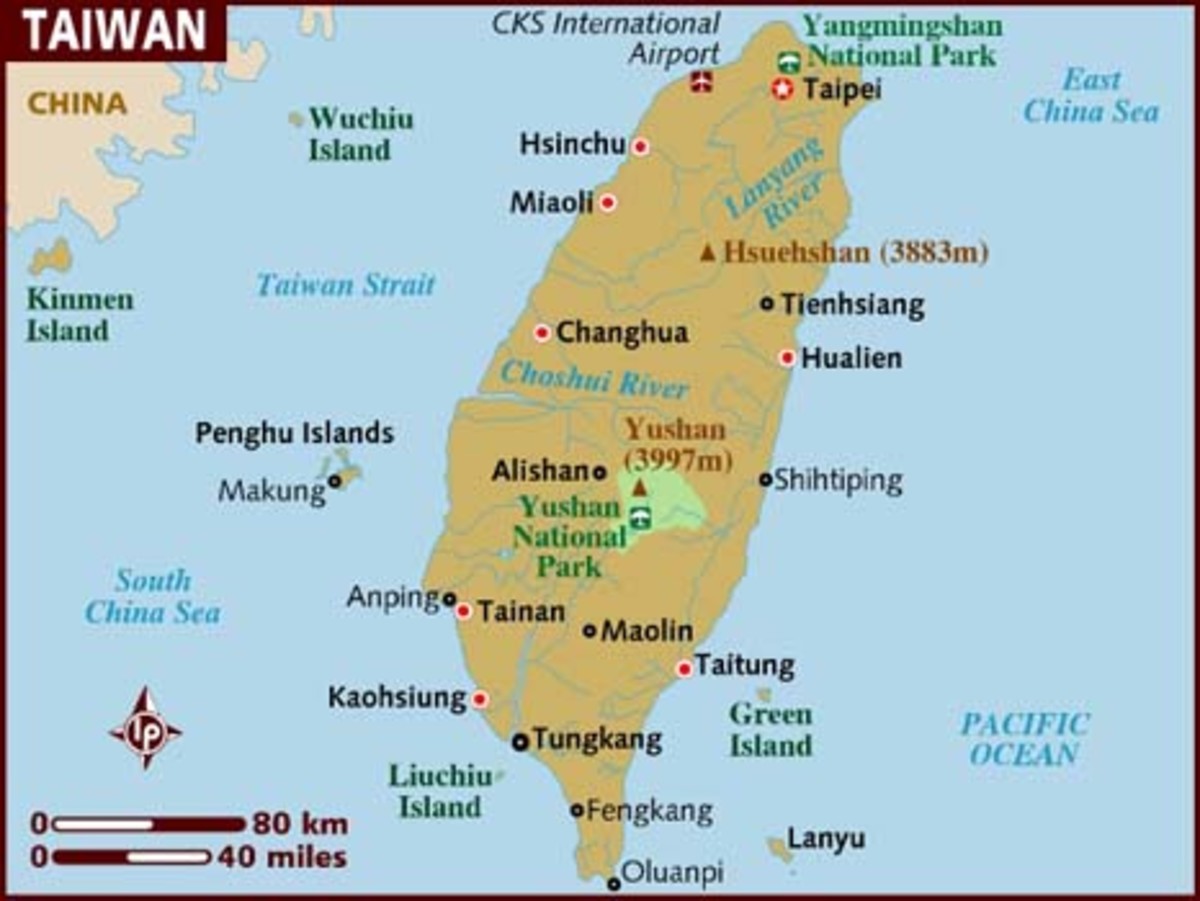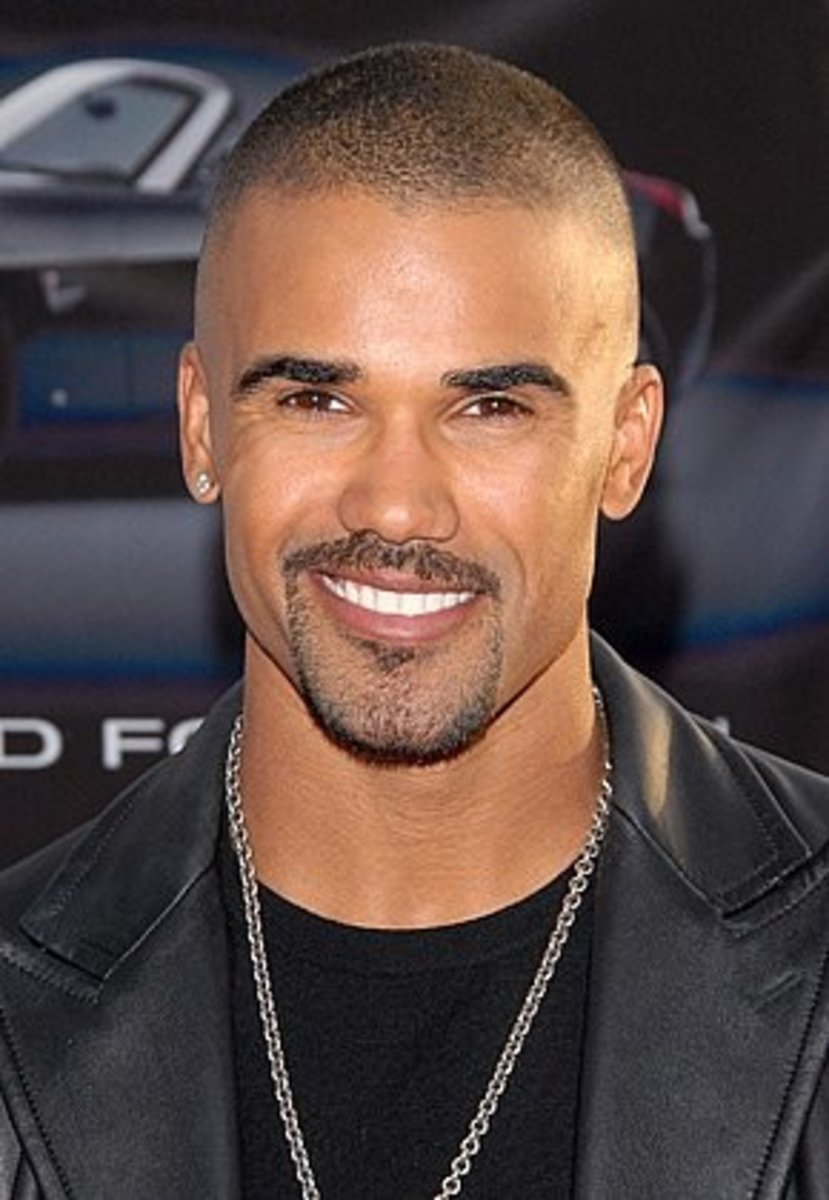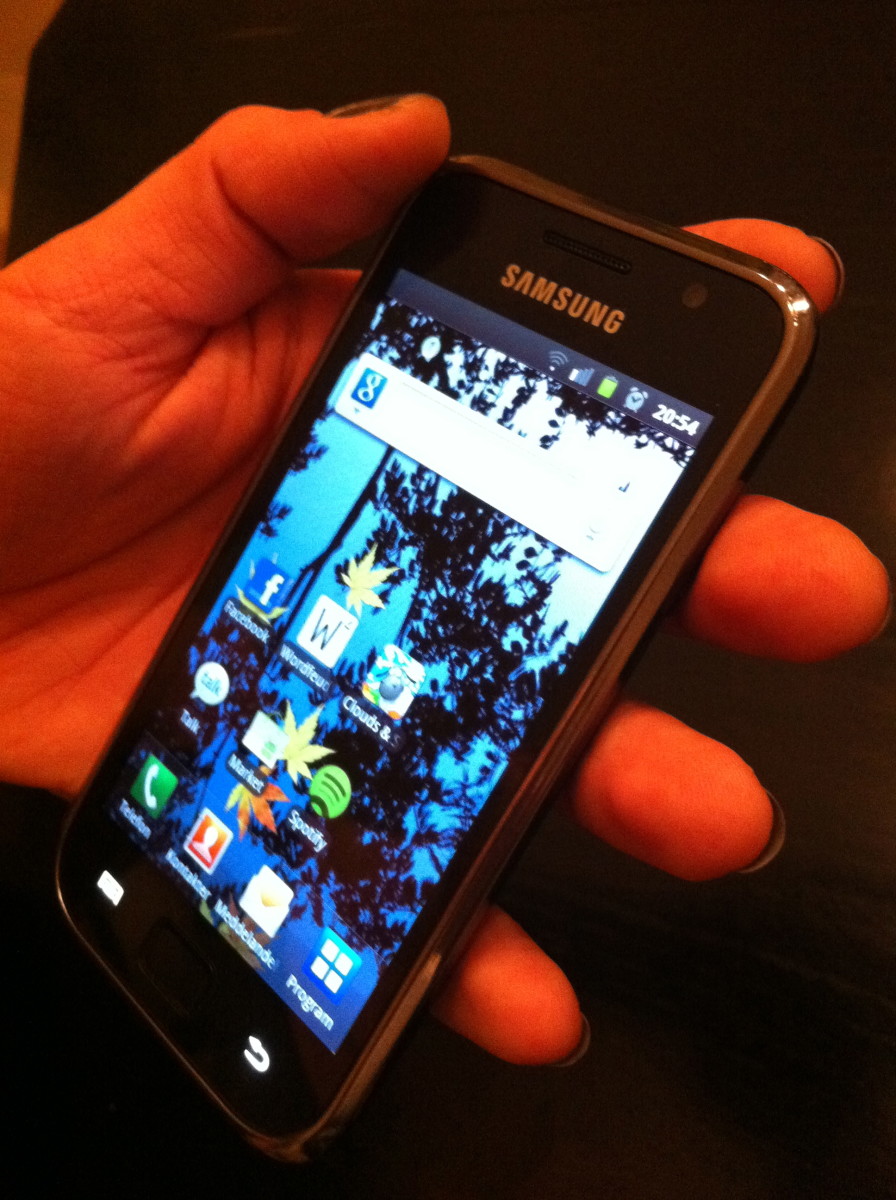Coming of Age and Television

Introduction
This is the first time I write an article that is very personal. However, because it is personal does not mean it isn't universal. In fact, to write about it in a general and abstract manner would only serve to obfuscate the issue. The more personally I can describe the issue, the more universally it can be understood and appreciated. I've decided to write because I believe the experience I will be exposing is indeed a shared one, yet one that is rarely if ever discussed. It's an important issue that impacts the psychological and social health of each wave of young adults to come. But it receives no attention. The critics would rather scrutinize the media for 'violence' rather than how it genuinely affects us. Consequently, those who suffer from this issue are probably unaware that they are not alone and that they are not responsible. The issue is the impact of television and cinematic depictions of growing up on how we, as individuals, actually grow up.
To make my point, I will have to indulge in some autobiography. This is important for making the phenomenon under consideration as clear as possible. Following this, I will try to analyze the autobiographical experiences and their effects in a more objective manner. I do not intend, in this short article, to 'get to the bottom' of the issue, but only to make clear that there is indeed an issue and that it warrants further study.
Growing Up with Television
I was raised in a single-parent home. Oh, there was some help from my grandmother, of course. I could say I had two moms. But I really consider myself to have three parents. When my mother wasn't at work, she was busy with housework or reading; and my grandmother was perpetually baking. Fortunately, my third parent was always around, available at the flick of a switch. Sweet, faithful television, the father of my mind in many ways, played an incalculable role in raising me.
When we boys grow up, we look to Mom for nurturing, but we look to Dad, or whatever stands in for him, for guidance. He lets you in on how you should grow up. He leads you to the hoops, whether you choose to jump through them or not. He is the spirit guide into adulthood. My spirit guide into adulthood was television.
Television has a lot of good advice. But it's just too detached from the real world, or at least from my real world, to be applicable. Television has screenwriters who can arrange dramatic moments into nice, neat packages. When the teenage girl yells at her parents, "I hate you!", her parents are momentarily dumbstruck and she gets off with a fade-to-black. When the teenage girl yells at her parents in real life, there is no comfortable fade-to-black and her parents certainly won't be at a loss for words. Nobody's writing our scripts. Nobody's making everything run smoothly. Nobody's in control of the chaos of life.
What Television Teaches
Television doesn't just show reality; it dictates reality. What's on the screen is hyperreal. It seems more real than reality. Reality is thus falling short of being real enough if it isn't like what's on the screen. We don't say "Television is lying!" but rather "Reality is failing!" Certain tropes represented on television take on a normative character through repetition. Some highly-repeated tropes transcend just slight 'normative character' to all-out commandments. Television lays down the repertory of experiences one ought to accumulate in the coming-of-age process. Here are some examples:
- Getting a driver's license and car
- Asking a girl out to a dance/getting asked out by a boy
- Falling in love for the first time and experiencing a first kiss
- Hanging out at a regular spot
- Hanging out after school with friends
There are more complex tropes involving high school sports, rivalries, bullying, the appearance of the high school, the experience of one's teachers, and so on.
These tropes go as far back as the '50s. They're hallmarks of the American coming-of-age story. They are emminently American, emminently utopian, emminently necessary in becoming a full-fledged adult.
Americanize Yourself with the Best Teenage Television
My Growing Up
I grew up in a small town in Quebec. Television is based on a small-town American vision of life. A small Quebec town is nothing like a small American town. We aren't arranged into residential grids around a conveniently within-walking-distance commercial center. There is indeed a commercial center--there must be--but we're scattered everywhere for miles, across bridges, through valleys, over hills.
Then there's the language issue. Being in a small Quebec town is bad enough, but being an anglophone in a small Quebec town is worse. The regular high school experience seemed to be reserved for the francophones. We anglophones were stuffed into an irregular corner of the third floor and it resembled what television claimed high school would be like not at all. The sports teams were truly extracurricular; no-one but the players was expected to give a flying hoot about sports. There were no cheerleaders, needless to say. That was all reserved for the francophone students. There were no clubs, no high school plays, no swim team, no prom, no bullies--there wasn't much of anything other than pure school and we its bewildered denizens trying to make the most of it.
I've never been certain whether I should blame myself or this environment, but I didn't get to experience many of the coming-of-age milestones. I let television down. I never fell in love, never kissed a girl, never asked a girl to a date, didn't hang out with anyone after school, didn't get my license until college. In movies and television, even the nerd falls in love and tries to get a date, even if he fails. In my high school experience, we didn't grow up; we didn't even try to do grown-up things; we remained children. The vast distance between everyone made socializing difficult anyway. One would have to depend on parents to drive one everywhere. This deprived us of much of the independence upon which the American coming-of-age tropes depend.
Some Cinematic Indoctrination
How It Feels
Television told me the way life should be. My life didn't go that way. It feels like I missed out on life and now it's too late. Television gives us narratives. Our lives are our self-narratives. And mine is missing chapters. Maybe I should have made more effort to be a 'normal kid.' It's not as though everyone in my town was so deprived. Many of us were, but not all.
Now whenever I watch a movie or television show that depicts teenage boys getting to live these standard coming-of-age moments, boys who do get to fulfill the repertory of experiences, I'm struck by an agony akin to nostalgia. Nostalgia is longing for things past; this is longing for things that should have been past. It's a sort of regret and a sort of resentment. There's no way to experience teenage love now that I'm in my twenties. Drew Barrymore tried it in Never Been Kissed. David Lynch tried it through Kyle MacLachlan in Blue Velvet. I think it's a project doomed to failure. The moments have been lost.
What It Means
Though my description may seem depict those idle moments of sentimentality we all experience from time to time, I think there's more to it than that. On the one hand, there is certainly no reason to believe television is correct in dictating reality. It is presenting a small town American series of experiences that aren't the standard coming-of-age experiences in much of the world. It's a standard that has spread to Japan, Canada, and other highly Americanized nations. However, boys who grew up in British boarding schools, boys raised in African nations, Middle Eastern nations, or in just about any non-American culture, or even in urban American culture, will have distinct experiences that naturally will not be represented in American television. It's just a unique suffering non-Americans have to endure due to the prevalence of American television and its normative character.
On the other hand, just because it can be explained does not mean it can be explained away. Coming-of-age is important in constituting psychologically and socially healthy adults. Every culture has rites of passage. These are ritual stages, formal or informal, one must go through to become fully-fledged adults. I claimed above that television was my spirit guide to adulthood. Though slightly tongue-in-cheek in phrasing, I nevertheless must emphasize that it is a totally serious point. Television showed me the rites of passage. They don't appear like rites. They're informal and not evidently ceremonial. Yet in our modern, enlightened culture, they are our rites of passage. The high school girlfriend/boyfriend, the prom, the driver's license are all rites of passage. I failed to accomplish them.
I believe that has hindered my adult life. I am trapped in an existential neurosis, constantly repeating the lack. Despite being intelligent, friendly, and modestly attractive, I have still never fallen in love; I do not drive; I scarcely socialize offline. I am not alone. My friends who grew up in the same circumstances as myself report the same difficulties in realizing normal, healthy social lives. The one saving grace is that, well, I kinda like it. I'm a happy-go-lucky guy. But that doesn't make the problem go away. Not everyone, after all, will be as bemused by the situation as I. And since I've never been normal, I'm in no position to make comparisons. Maybe I would be even more pleased had everything gone according to television's plan.
Conclusion
As I promised, I have not gotten to the bottom of things. Far from it. This is a matter of anthropological and sociological concern for our culture(s). It's a concern that needs to be scrutinized scientifically, by examining the lives and feelings of those who have watched much television and lived the standard coming-of-age narrative, those who have watched little television and lived the standard coming-of-age narrative, those who have watched much television and have not lived the standard coming-of-age narrative, and those who have not watched much television and have not lived the standard coming-of-age narrative. This article has been more of a confessional, a chunk of data for those competent enough to take the study further, and a reaching-out to those who feel the same.
If you enjoyed this article, you may like...
- Magnolia
Nellieanna's view of growing up in a pre-television age, the era of the Second World War. How much more innocent they were.
Comments
How about letting us know your coming-of-age stories? I encourage you, dear reader, to share. Did you follow the American standard? If so, how does it feel? If not, do you feel deprived? I'd love to know.









